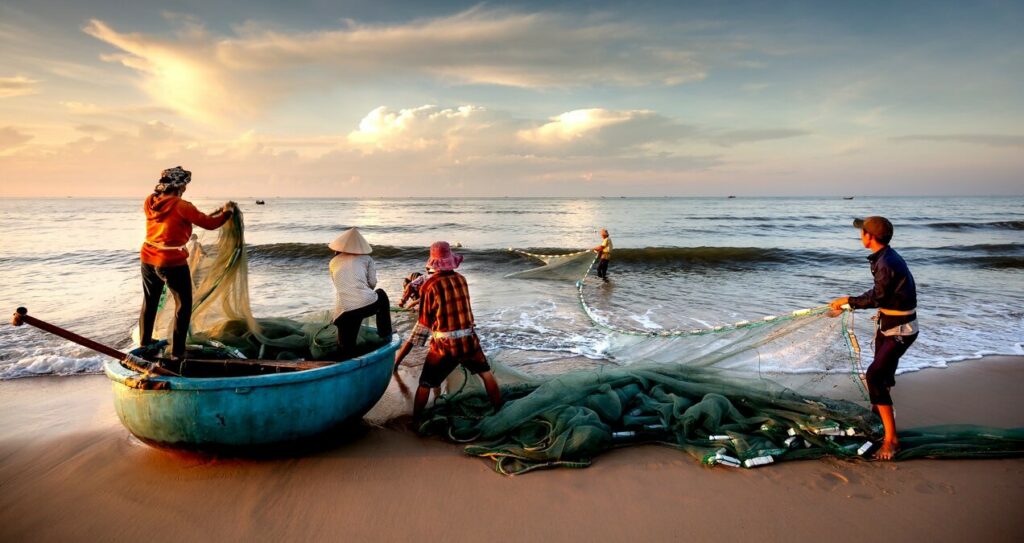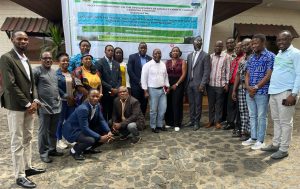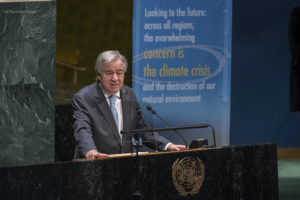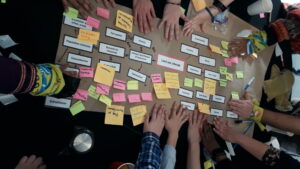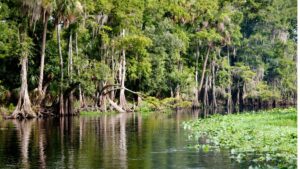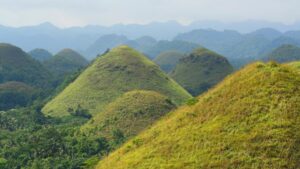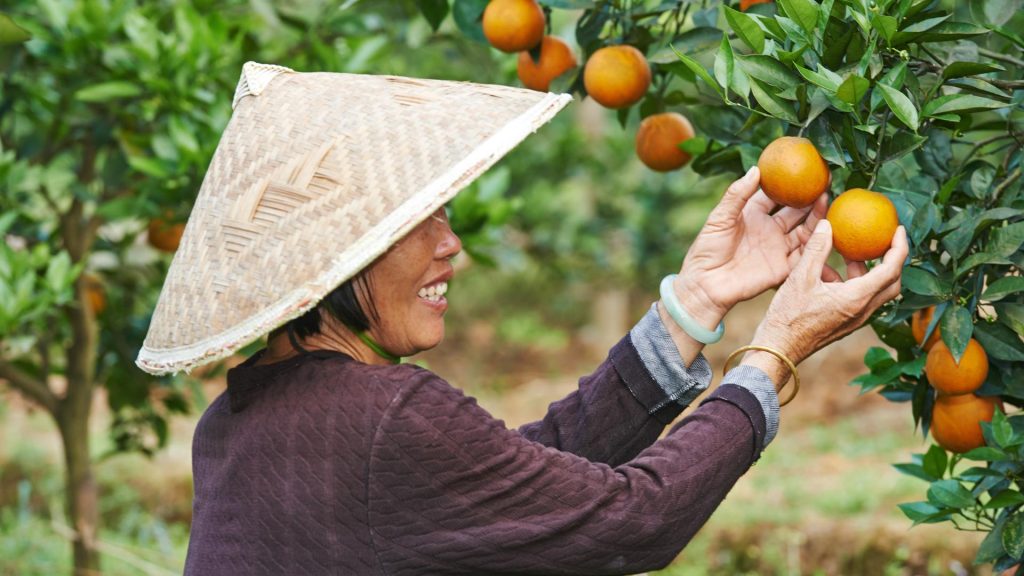

Last days to apply for the 2024 UN CC:Learn Champion
Apply now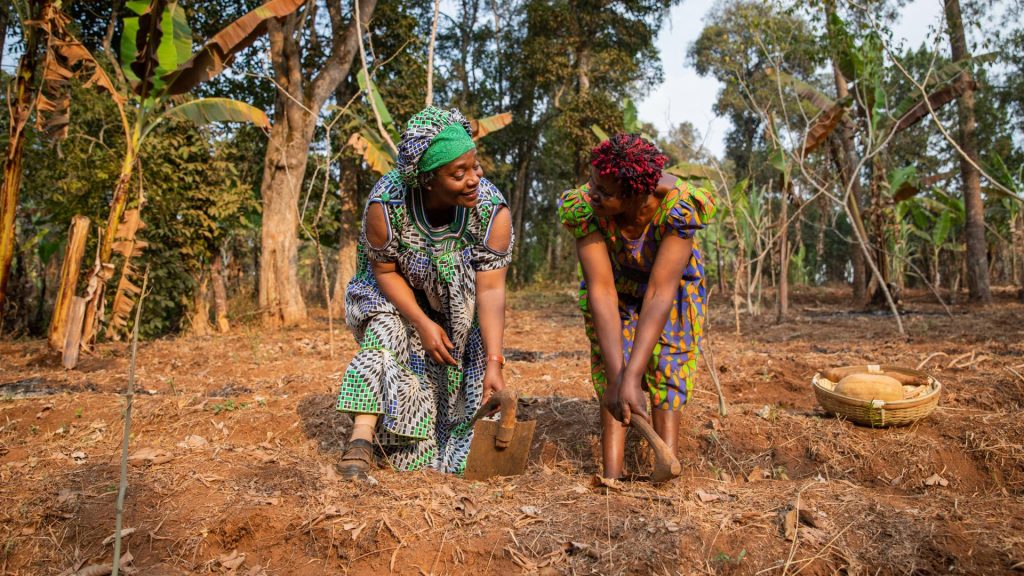
Empowering women everywhere
Advance your skills on climate change
Become the next UN CC:Learn champion
Apply nowOur Results
-
30
Countries Supported
by our national projects since 2014
-
14
Climate Change Learning Strategies Developed
in partnership with national and global partners
-
880.000
Beneficiaries Reached
in more than 200 countries
Upcoming Events
30
Apr
30
Apr
Becoming Game-changers
Online
6
May
UN Forum on Forests
New York, NY, USA
3
Jun
8th meeting of the Paris Committee on Capacity-building
Bonn, 53 Bonn, Germany
3
Jun
13th Durban Forum on Capacity-building
Bonn, 53 Bonn, Germany

